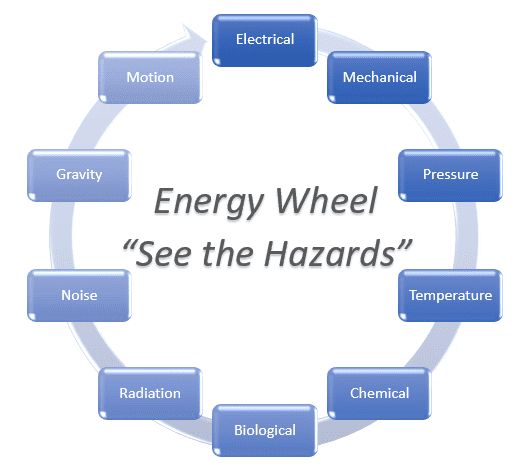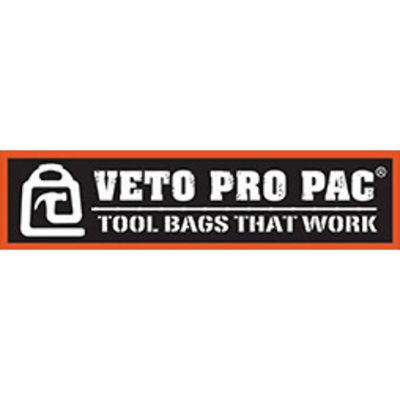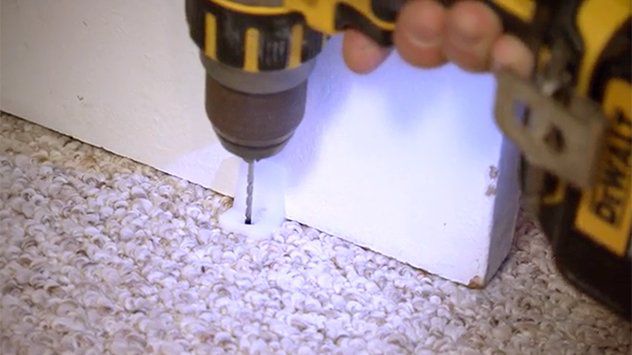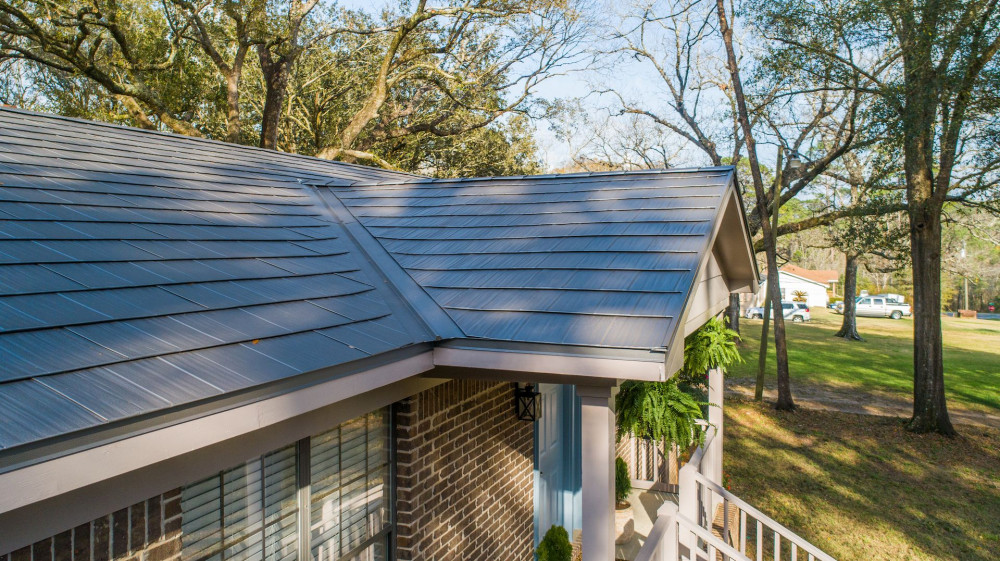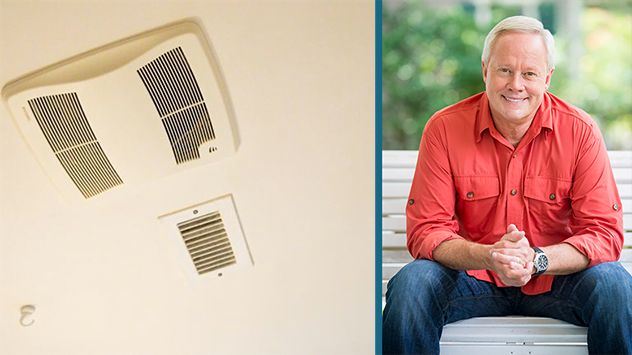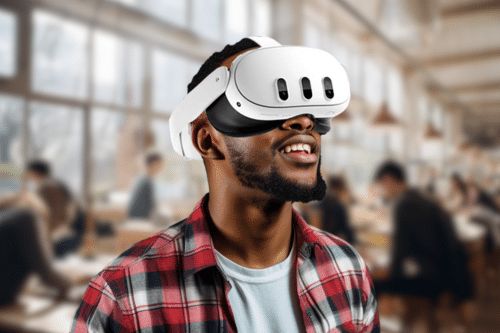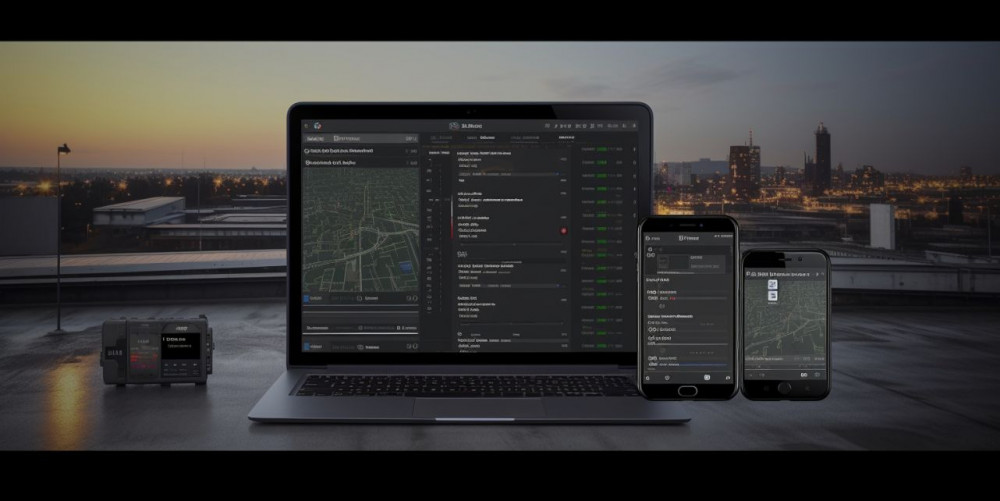Samsung Electric Industries was established as an industrial part of Samsung Group in 1969 in Suwon, South Korea. While the group didn't have enough technology nor resources because it stepped into the industry later even than its competitors within the country, and although it attracted considerable amount of criticism from them for cooperating with Japanese firms, Samsung Electric managed to establish a joint venture named Saumsung-Sanyo Electric with Sanyo and Sumitomo Corporation of Japan in the same year it entered into business. Its early products were electronic and electrical appliances including televisions, calculators, refrigerators, air conditioners and washing machines. In 1970, Samsung Group established another subsidiary, Samsung-NEC, jointly with Japan's NEC Corporation and Sumitomo Corporation to manufacture home appliances and audiovisual devices. In 1974, the group expanded into the semiconductor business by acquiring Korea Semiconductor, one of the first chip-making facilities in the country at the time. The acquisition of Korea Telecommunications, an electronic switching system producer, was completed at the start of the next decade in 1980.
Samsung Electronics launched its first mobile phone in 1988, in the South Korean market. Sales were initially poor and by the early 1990s, Motorola held a market share of over 60 percent in the country's mobile phone market compared to just 10 percent for Samsung. Samsung's mobile phone division also struggled with poor quality and inferior products until the mid-1990s and exit from the sector was a frequent topic of discussion within the company.
Lee Kun-Hee decided that Samsung needed to change strategy. The company shelved the production of many under-selling product lines and instead pursued a process of designing and manufacturing components and investing in new technologies for other companies. In addition from 2000 to 2003, Samsung posted net earnings higher than five-percent; this was at a time when 16 out of the 30 top South Korean companies ceased operating in the wake of the unprecedented crisis.
Samsung Electronics logo, used from late 1969 until replaced in 1979
The company focuses on four areas: digital media, semiconductor, telecommunication network and LCD digital appliances.
By 2004 Samsung was the world's-largest manufacturer of OLEDs, with a 40 percent market share worldwide, and as of 2018 has a 98% share of the global AMOLED market. The company generated $100.2 million out of the total $475 million revenues in the global OLED market in 2006. As of 2006, it held more than 600 American patents and more than 2,800 international patents, making it the largest owner of AMOLED technology patents.
Although Samsung has made clamshell design cell phones, Samsung's flagship mobile handset line is the Samsung Galaxy S series of smartphones, which many consider a direct competitor of the Apple iPhone. It was initially launched in Singapore, Malaysia and South Korea in June 2010, followed by the United States in July. It sold more than one million units within the first 45 days on sale in the United States.
Samsung Electronics has been the world's largest memory chip maker since 1993, and the largest semiconductor company since 2017. Samsung Semiconductor division manufactures various semiconductor devices, including semiconductor nodes, MOSFET transistors, integrated circuit chips, and semiconductor memory.
In 2009, Samsung sold around 31 million flat-panel televisions, enabling to it to maintain the world's largest market share for a fourth consecutive year.
On 13 July 2017, an LED screen for digital cinema developed by Samsung Electronics was publicly demonstrated on one screen at Lotte Cinema World Tower in Seoul.
In the past, Samsung produced printers for both consumers and business use, including mono-laser printers, color laser printers, multifunction printers which have showcases of various Samsung products available for purchase, and also have repair centers for those items. It also has stores dedicated to the installation of large household appliances such as TVs, dishwashers, and refrigerators. It also has stores just for the sale and repair of its memory products, such as the SSDs.
Located in Toronto in the Toronto Eaton Centre, the Samsung Experience Store has two levels.
In addition to these locations, Samsung runs a Samsung Experience Shop located inside Best Buy stores.
In December 2010, Samsung switched its management system from a single CEO-system under Choi Gee-Sung to a two-person management team with Choi Gee-Sung, CEO and vice chairman, and Lee Jae-Yong, chief operating officer and president. In June 2012, Samsung appointed Kwon Oh-hyun as CEO of the company. Samsung also reorganized its overseas marketing bases in line with changes in the market, including a combined Britain/Continental Europe regional subsidiary, and a combined China/Taiwan regional subsidiary.
Despite recent litigation activity, Samsung and Apple have been described as frenemies who share a love-hate relationship. Samsung is a major supplier for Apple – first providing memory for the early iPod devices in 2005, and Apple is a key customer for Samsung – in 2012 its component sales were thought to be worth in the region of $8 billion revenue to Samsung – to the point where Apple CEO Tim Cook originally opposed litigation against Samsung wary of the company's critical component supply chain for Apple.
Best Buy and Samsung joined together to create the Samsung Experience Shop, a store-in-a-store which allows customers to test the company's newest products, as well as get training in mobile products they already own. In summer 2013, more than 1,400 Best Buy and Best Buy Mobile stores have established the Samsung Experience Shop. About 460 square feet of space are dedicated for the SES, with the company's placement at Best Buy's entrance, as well as its sign visible in any part of the store. The purpose of the Samsung Experience Shop is to make Samsung's products, i.e. the Galaxy, more accessible to customers.
In the early 1990s, Samsung began considering the importance of physical design in its products. When Chairman Lee declared 1996 'The Year of Design Revolution', a comprehensive global design program was initiated with the goal of design being a strategic asset and competitive advantage for the company.Located in the company's high-rise headquarters in Gangnam (south of Seoul) the corporate design center includes more than 900 full-time designers. In 1971 there were only two designers in the whole company, whose number rose to 510 in 2005. In addition to the corporate design center in Seoul, there are design centers located in Tokyo, San Francisco and London.
All Samsung mobile phones and MP3 players introduced on the market after April 2010 are free from polyvinyl chloride (PVC) and brominated flame retardants (BFRs).
Many employees working in Samsung's semiconductor facilities have developed various forms of cancers. Initially Samsung denied being responsible for the illnesses. Although Samsung is known to disfavor trade unions, these sick workers organized in the group SHARPS (Supporters for the Health And Rights of People in the Semiconductor Industry). A crowd funded movie named Another Promise was produced in 2013 to depict the fight for compensation of the victims, as well as a documentary named The Empire of Shame. In May 2014, Samsung offered an apology and compensation to workers who became ill. The company subsequently did not follow all the recommendations of a specially appointed mediation committee, paid several families outside of a scheme to be agreed on and required them to drop all further charges, prompting SHARPS to continue legal and public action. The quarrel was mostly resolved upon a public apology issued by Samsung in November 2018.
In December 2010, the European Commission fined six LCD panel producers, including Samsung, a total of €648,925 million for operating as a cartel. The company received a full reduction of the potential fine for being the first firm to assist EU anti-trust authorities.
Apple sued Samsung on 15 April 2011 in the United States District Court for the Northern District of California that several of Samsung's Android phones and tablets, including the Nexus S, Epic 4G, Galaxy S 4G, and the Samsung Galaxy Tab, infringed on Apple's intellectual property: its patents, trademarks, user interface and style. Apple's complaint included specific federal claims for patent infringement, false designation of origin, unfair competition, and trademark infringement, as well as state-level claims for unfair competition, common law trademark infringement, and unjust enrichment.
Despite their phones' popularity, numerous explosions of them have been reported. A Swiss teenager was left with second and third degree burns in her thigh due to her Galaxy S3's explosion followed by two more Galaxy S3 explosions in Switzerland and Ireland. A South Korean student's Galaxy S2 battery exploded in 2012.
On 31 August 2016, it was reported that Samsung was delaying shipments of the Galaxy Note 7 in some regions to perform "additional tests being conducted for product quality"; this came alongside user reports of batteries exploding while charging. On 2 September 2016 Samsung suspended sales of the Note 7 and announced a worldwide "product exchange program", in which customers will be able to exchange their Note 7 for another Note 7, a Galaxy S7, or an S7 Edge (the price difference being refunded). They would also receive a gift card from a participating carrier. On 1 September 2016, the company released a statement saying that it had received 35 reports of battery failure, which according to an unnamed Samsung official "account for less than 0.2 percent of the entire volume sold". Although it has been referred to as a product recall by the media, it was not an official government-issued recall by an organization such as the U.S. Consumer Product Safety Commission (CPSC), and only a voluntary measure. The CPSC did issue an official recall notice on 15 September 2016, and states that Samsung has received at least 92 reports of the batteries overheating in the U.S., including 26 reports of burns and 55 reports of property damage.
On 4 November 2016, Samsung recalled 2.8 million top-load washing machines sold at home appliance stores from 2011 to 2016 because the machine's top could unexpectedly detach from the chassis during use that could be caused by excessive vibration.
In 2015, users on the website Reddit began reporting that some Samsung smart TV would display advertisements for Pepsi products during movies when viewed through the Plex application. Plex denied responsibility for the ads and Samsung told blog Gigaom that they were investigating the matter.
The uploader of the documents, hacker "0xb" said that the documents were intercepted from an email between OpenTide and Samsung. Taiwan Samsung Electronics announced 4 days later, guaranteeing the company will "stop all online marketing strategies which involves publishing and replying in online forums". It was widely reported by the Taiwanese media. Taiwan later fined Samsung Electronics for the smear campaign.
